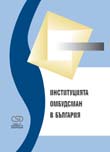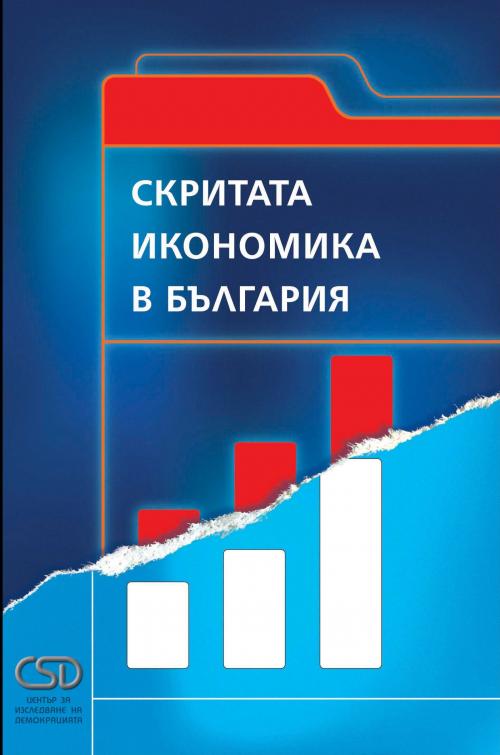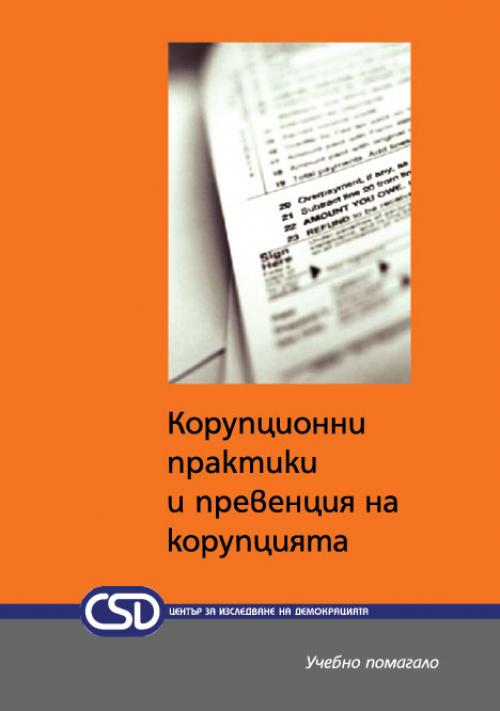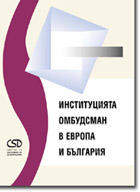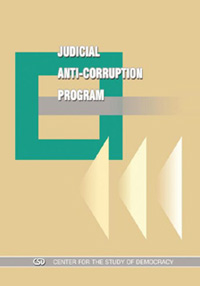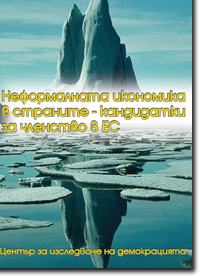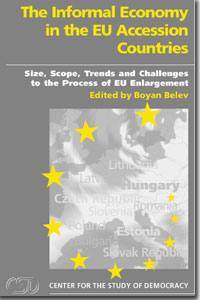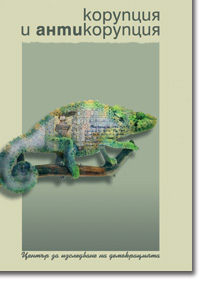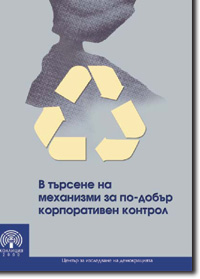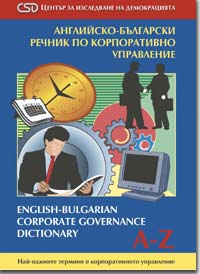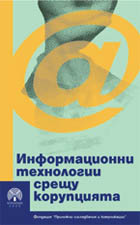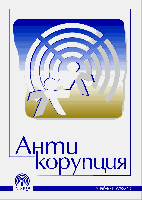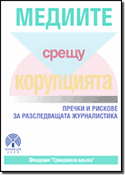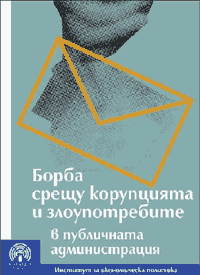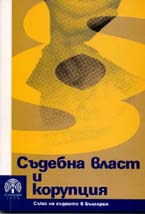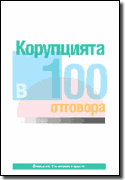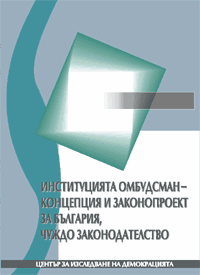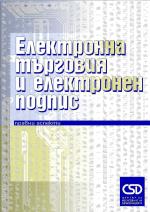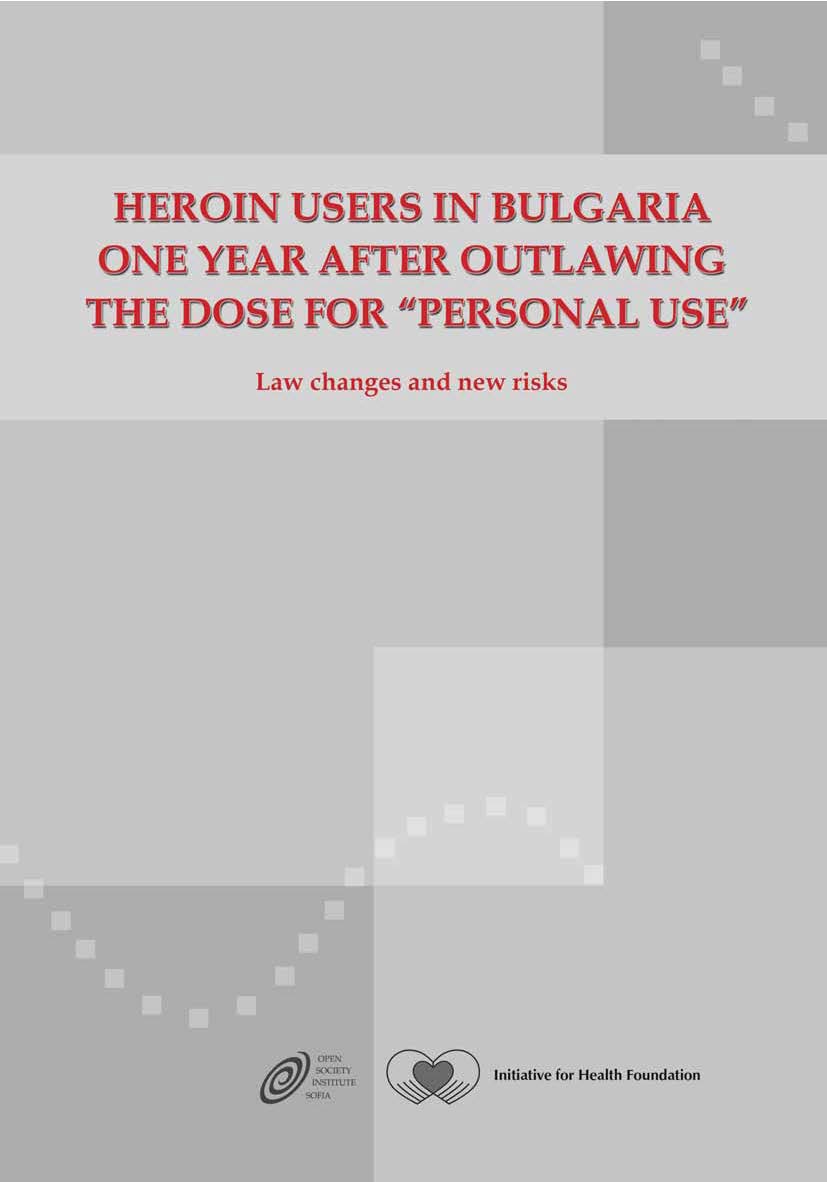
Heroin Users in Bulgaria One Year After Outlawing The Dose for "Personal Use". Law Changes and New Risks
Heroin Users in Bulgaria One Year After Outlawing The Dose for "Personal Use". Law Changes and New Risks
The report reveals the place of heroine use in Bulgaria and its development since the amendment to the Penal Code repealing Paragraph 3 of Art 354a and its provision. The revision gained public popularity as „the single dose law”. It renders criminal every drug substance possession, regardless of the type or quantity of the substance, or whether the individual in possession of the dose is dependent or not. Under the new regulation, the drug wholesalers, the small drug dealers, and those just using, not trading in drugs, are treated equally harshly. The change was carried out, despite keen objections on the part of experts and civil society organizations that it might lead to severe and unpredictable consequences. The research, however, revealed that the ban on the „single dose”, and its negative implications, are only part of a larger nationwide problem caused not only by the legislative framework, but also by the inadequate institutional response. Author of the publication is Mr. Tihomir Bezlov, researcher from Center for the Study of democracy.
More...
